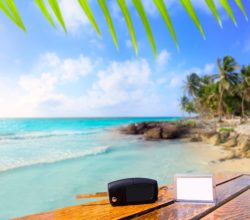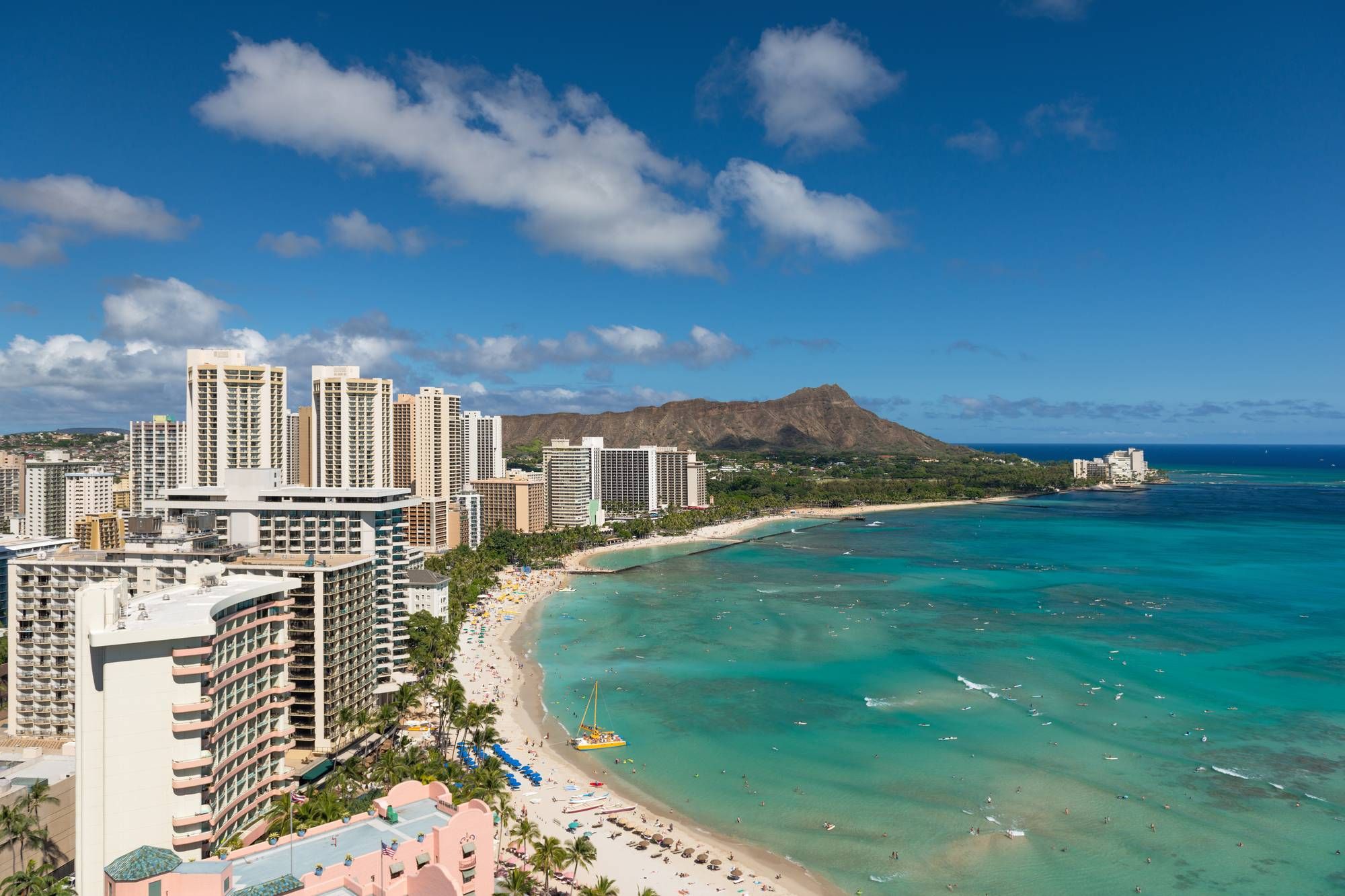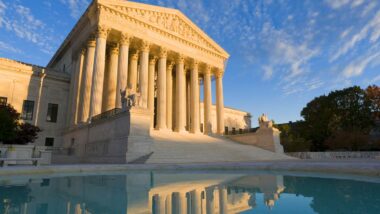Top Class Actions’s website and social media posts use affiliate links. If you make a purchase using such links, we may receive a commission, but it will not result in any additional charges to you. Please review our Affiliate Link Disclosure for more information.
A lawsuit has been filed in Hawaii against the County of Maui, its mayor, and the director of the Maui County Planning Department by vacation rental Hawaii property owners who claim that the defendants have unlawfully banned short-term rentals on Molokai island.
The Maui Vacation Rental Association (MVRA) and seven Hawaii property owners say that the defendants’ setting a permit cap of zero and putting a cease to any existing short-term vacation rental home operations should be deemed unlawful by the court.
The plaintiffs claim that most short-term rentals on Molokai went through a demanding permit process and made investments based on the promise that they will be able to operate and extend their permits in the absence of complaints. The Hawaii property owners argue that the short-term rentals remit taxes, provide jobs to the community, and rental options for visitors.
The Hawaii rental lawsuit states that the right to own and rent property is a fundamental right recognized under the United States and Hawaii Constitutions and that the property owners are entitled to due process and other protections.
MVRA notes that, in 2012, Maui County enacted a comprehensive Ordinance 3941 which created a new category of permitted use called Short Term Rental Homes (STRH) and set out guidelines and steps for permits including the location and proximity guidelines, various performance based standards, and homeowner duties.
“As implemented and applied, Ordinance 3941 required all owners of real property in the County of Maui who lease their homes for less than an initial term of 180 days to obtain a permit, unless exempted from the application of the ordinance by variance, special ordinance, or formal and informal grandfathering of established rights,” the Hawaii rental lawsuit goes to state.
According to the plaintiffs, since the passage of Ordinance 3941, a total of only 26 STRH permits have been granted in Molokai – of which 17 are still active. They claim that nine of these permits either expired, were not renewed, or that the owner has since sold the property.
MVRA says that the legalization of short-term rental homes has helped to meet an established need for the Molokai tourism industry, allowing small businesses to flourish. They state that less than 1% of Molokai’s residential housing has been granted a STRH permit to allow for short-term rental uses.
The Hawaii rental lawsuit states that people have been successfully and peacefully renting their homes and properties in Molokai on a short-term basis for decades. The plaintiffs maintain that short-term rentals are popular with travelers who are seeking a different experience than that offered by traditional hotels.
The plaintiffs allege that the Maui County Council passed Bill 22 and the mayor signed Ordinance 5059 on March 10, 2020, which has the effect of shutting down all STRHs on Molokai until Dec. 31, 2020, even if there are valid permits that go beyond December 2020.

The Hawaii property owners’ lawsuit says, “The Ordinance is an unconstitutional restraint on property rights, its broad application unreasonably impairs previously granted property rights, and its application does not serve any legitimate public purpose or benefit.”
In addition, the Hawaii property owners state that the Maui Planning Department has also stated in writing and by its conduct that it is taking actions to discriminate against out-of-state owners and to discourage interstate travel, which is in violation of the U.S. Constitution and violates the contract clauses of the Hawaii and Federal Constitutions.
“Ordinance 5059, and its application is inconsistent with and conflicts with other zoning provisions and County approvals that were granted and issued to the permit holders on Molokai,” the Hawaii property renters go on to state.
In a similar lawsuit filed by Hawaii property owners and residents, plaintiffs challenged Hawaii’s quarantine extension related to COVID-19. The plaintiffs in that action claim that their constitutional rights were violated when the governor extended the quarantine order.
Some of the plaintiffs in that lawsuit are residents who are unable to leave Hawaii to visit loved ones, while others are out-of-state residents who have property in the state. Those plaintiffs maintain that the order has violated their rights under the Fifth and Fourteenth Amendments by the denial of their right to travel as well as equal protection.
Are you a property owner who has been denied the right to rent your property? Leave a message in the comments section below.
The plaintiffs are represented by Terrance Revere and Magdalena Bajon of Revere and Associates Honolulu.
The Hawaii Property Renters Lawsuit is Maui Vacation Rental Association Inc., et al. v. County of Maui, et al., Case No. 1:20-cv-00307, in the U.S. District Court for the District of Hawaii.
Join a Free Coronavirus Class Action Lawsuit Investigation
If you believe your rights were violated in a way that is directly related to the coronavirus pandemic, you may qualify to join this coronavirus class action lawsuit investigation.
Read More Lawsuit & Settlement News:
Disney Class Action Lawsuit Says Pass Holders Charged For Months Closed Due To COVID-19
Lawsuits Allege Juul Targeted Native American Tribes to Get Youth Addicted to Vaping
Tesla Class Action Lawsuit Alleges Acceleration Defect
Juul Marketing Targets Kids, Downplays Risks, Colorado AG Alleges
ATTORNEY ADVERTISING
Top Class Actions is a Proud Member of the American Bar Association
LEGAL INFORMATION IS NOT LEGAL ADVICE
Top Class Actions Legal Statement
©2008 – 2024 Top Class Actions® LLC
Various Trademarks held by their respective owners
This website is not intended for viewing or usage by European Union citizens.
















3 thoughts onHawaii Property Owners Challenge Coronavirus Ban on Vacation Rentals
I own a legal Short-term Vacation Rental (STVR) on Maui and STVR’s were deemed non-essential and shut down by the Governor (IGE) and the Mayor of Maui but hotels were still permitted to operate. All my business reservations were cancelled and continued to be cancelled for the year as the Governor and the Mayor of Maui continued to extend the quarantine. I now have ZERO reservations for my STVR for the entire year because guests don’t want to (nor can they afford to) come and be locked in a condo for 14-days before they start their vacation. The state of Hawaii has essentially condemned my business and I feel they should be responsible to repay me for the lost business. They permit hotels to open and they sure did raise STVR taxes for 2020 and they always take my our money!
I have lost well over $100k in STVR income, due to the current Big Island regulations and have to give up the property that I purchased in February 2020. On top of that, I was declined permission to go over and clean out the condo and put stuff into storage. The response said to hire a moving company and find someone to get a storage unit. Also, the response implied that I could NOT stay in my own condo’s, because they all have an STVR license. This is seriously unbelievable and I am going broke, for absolutely NO reason, as the Hotel and Motel industry are given all of the business!
I have lost over $100,000 in signed rental contracts on Maui. How they can allow hotels to rent and not 30 day rentals has got to be illegal. Sign me up!